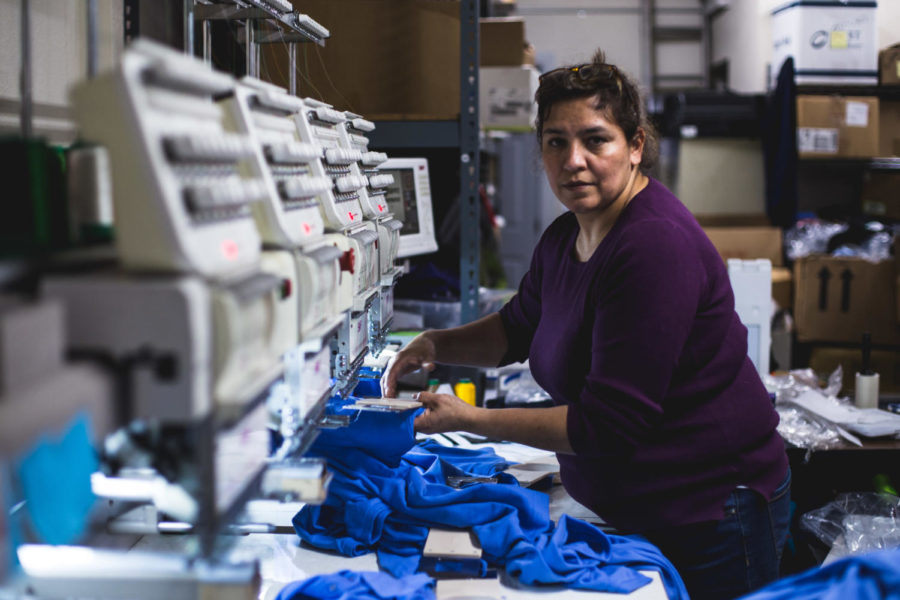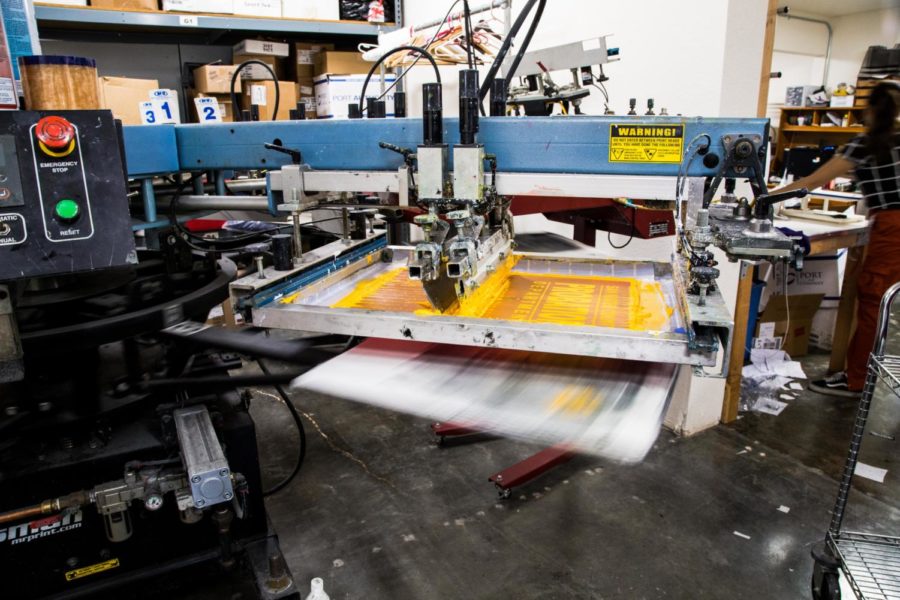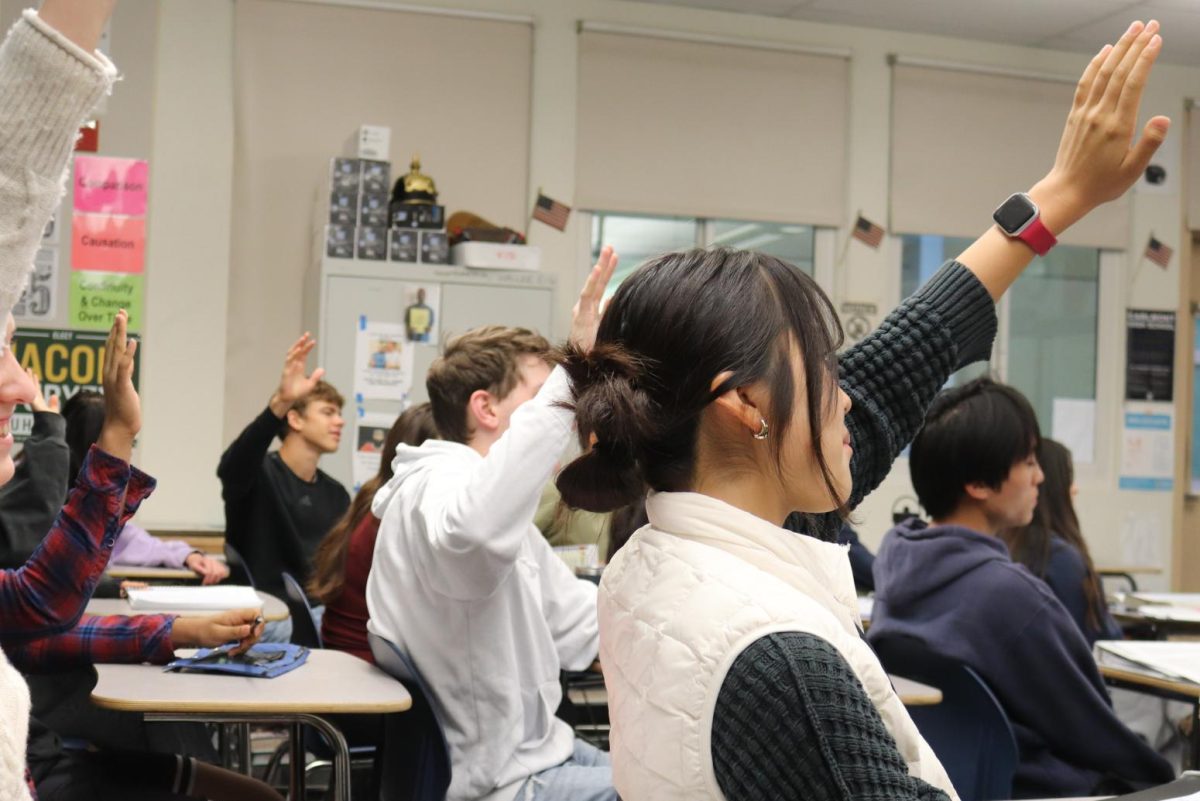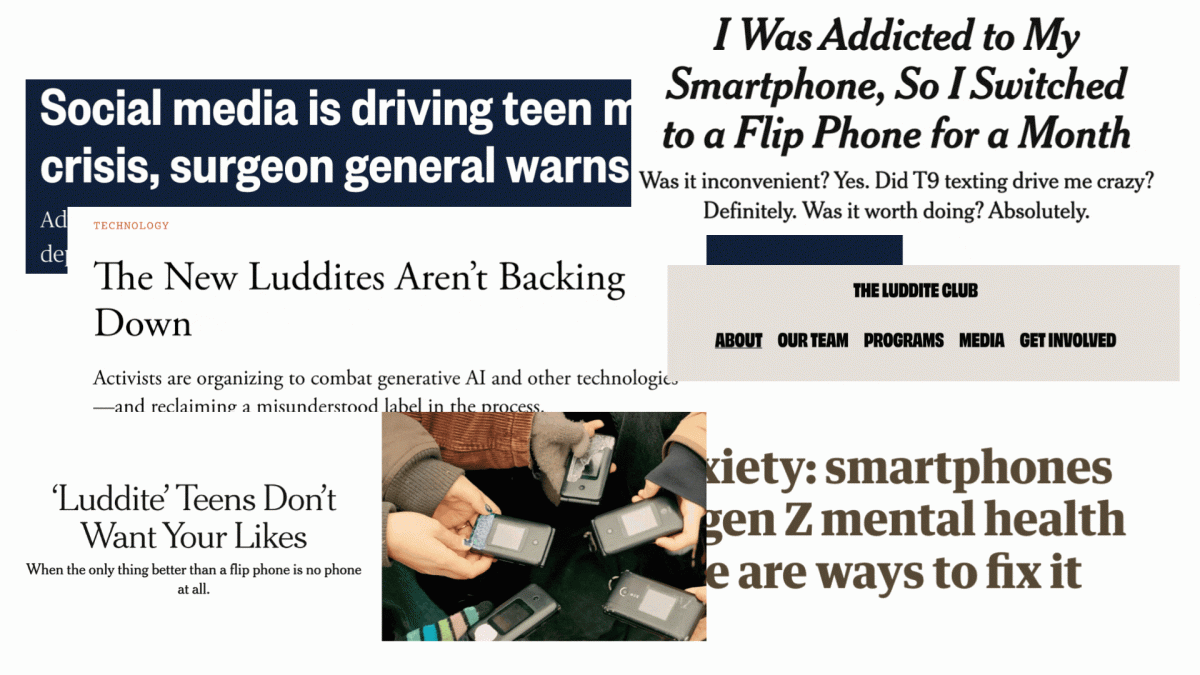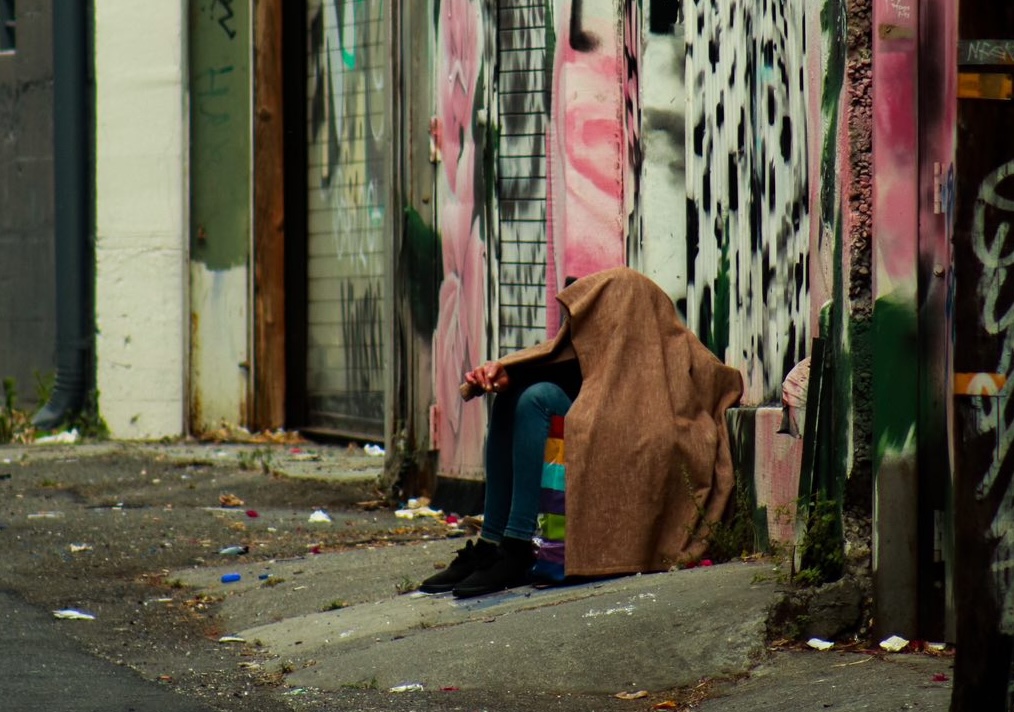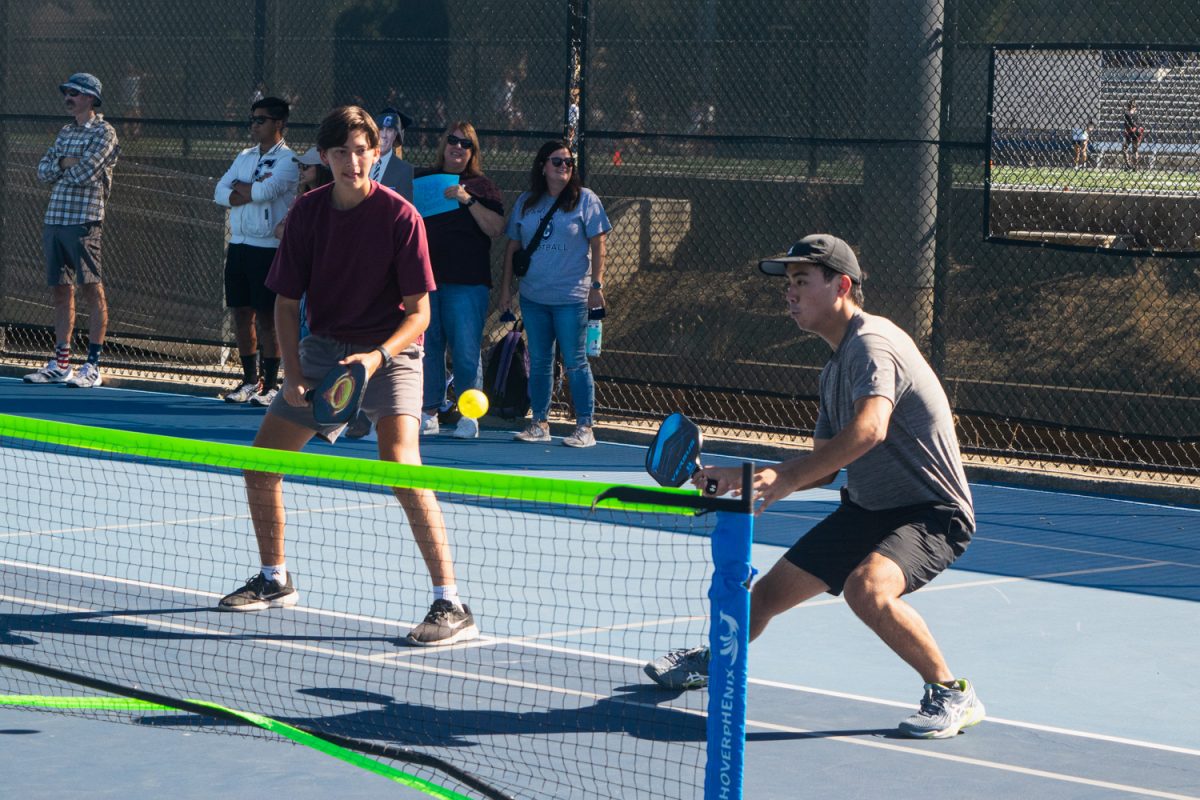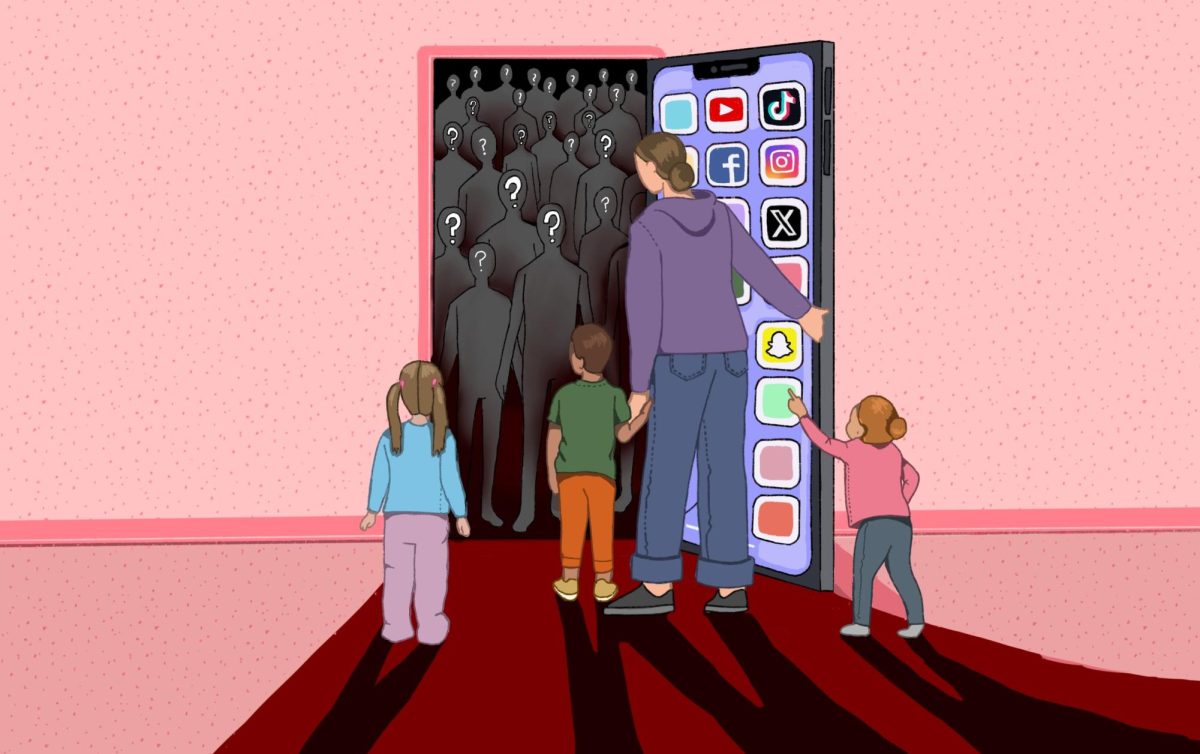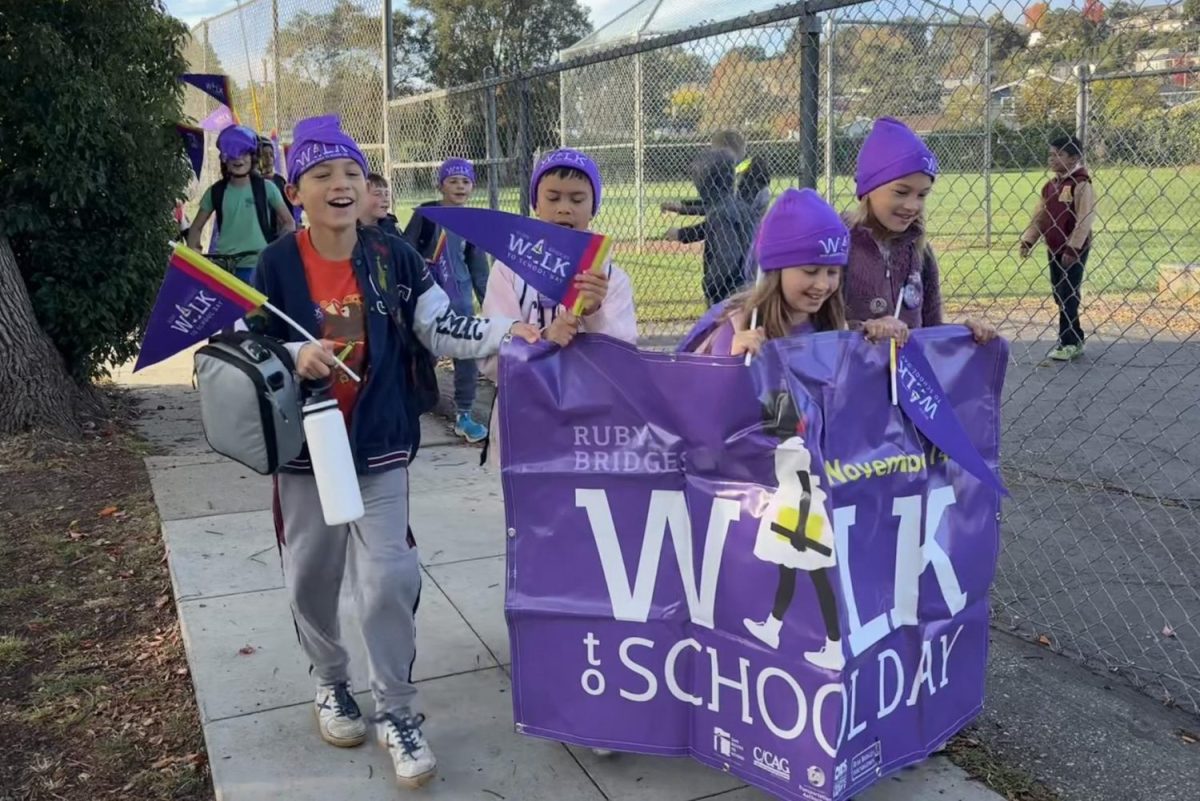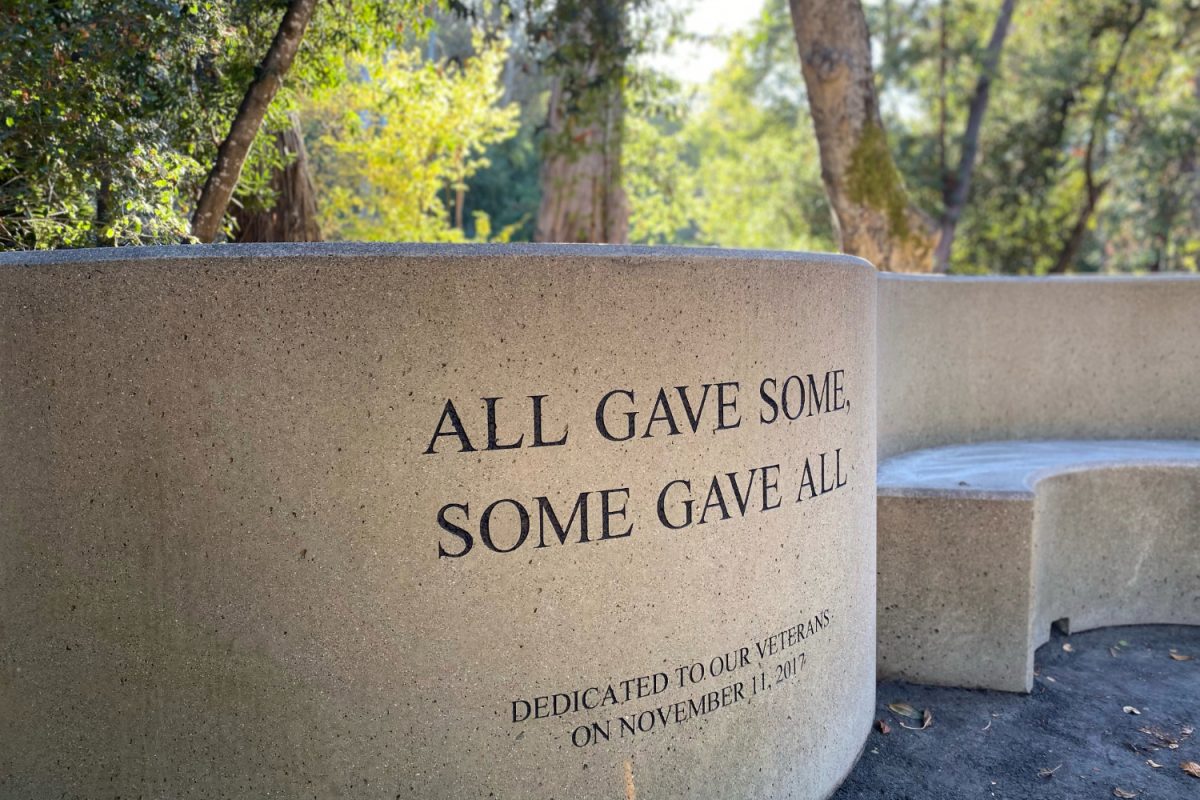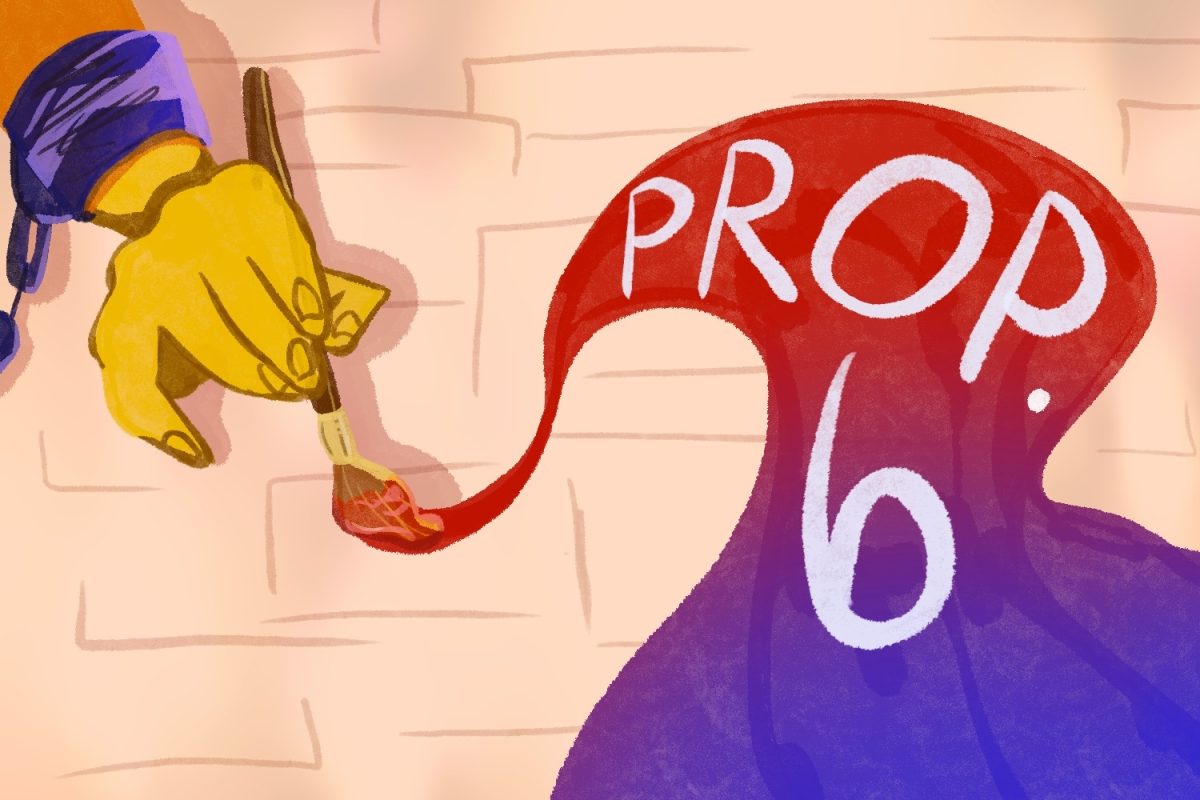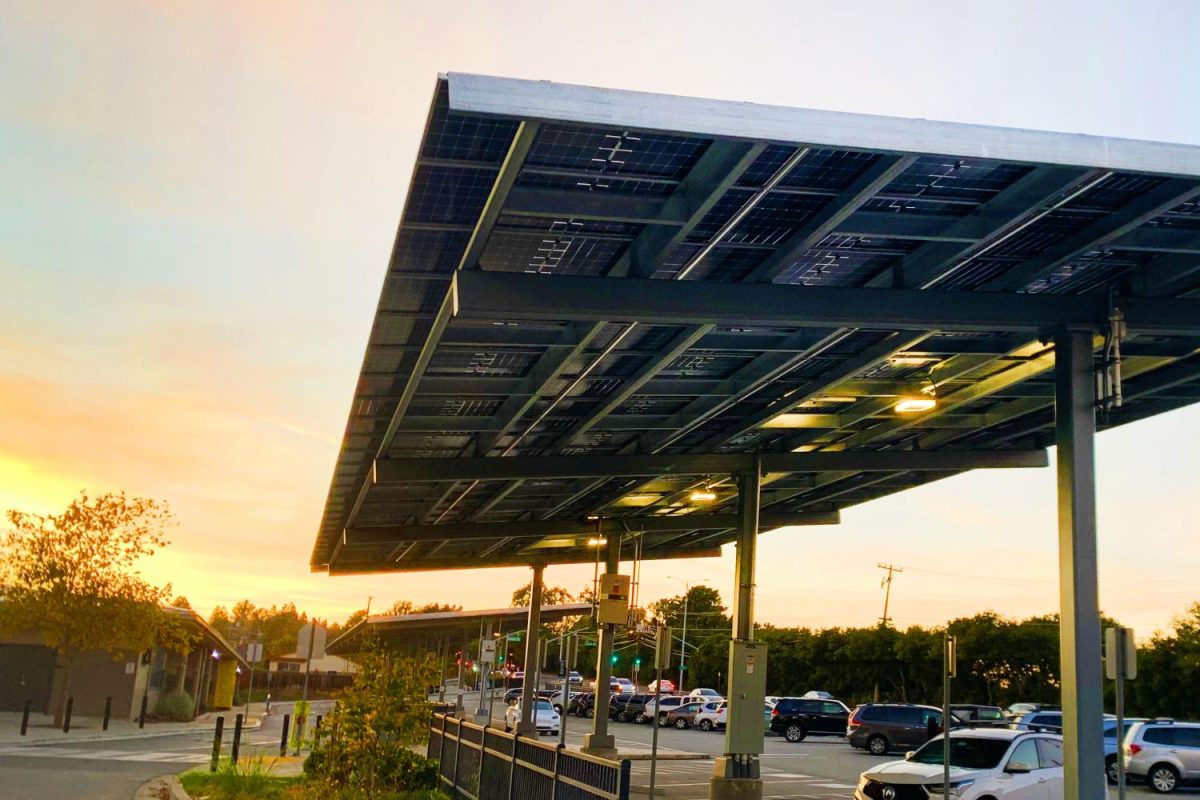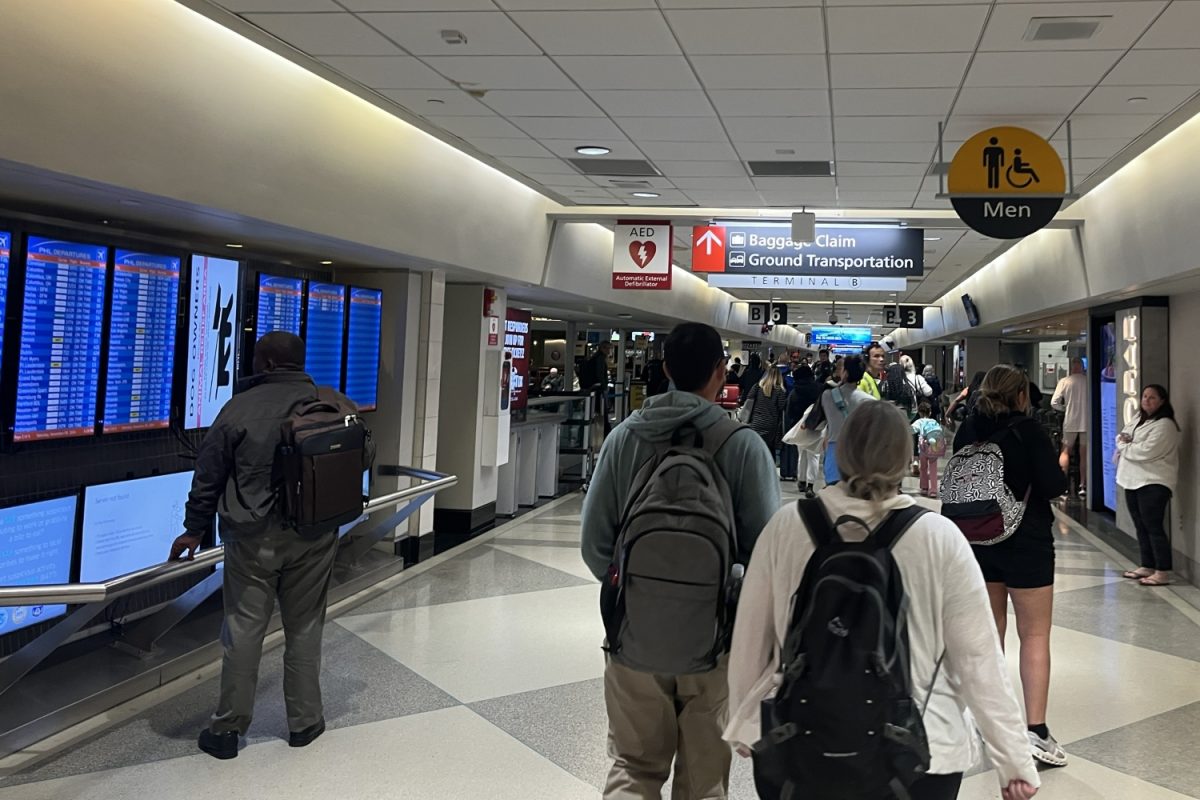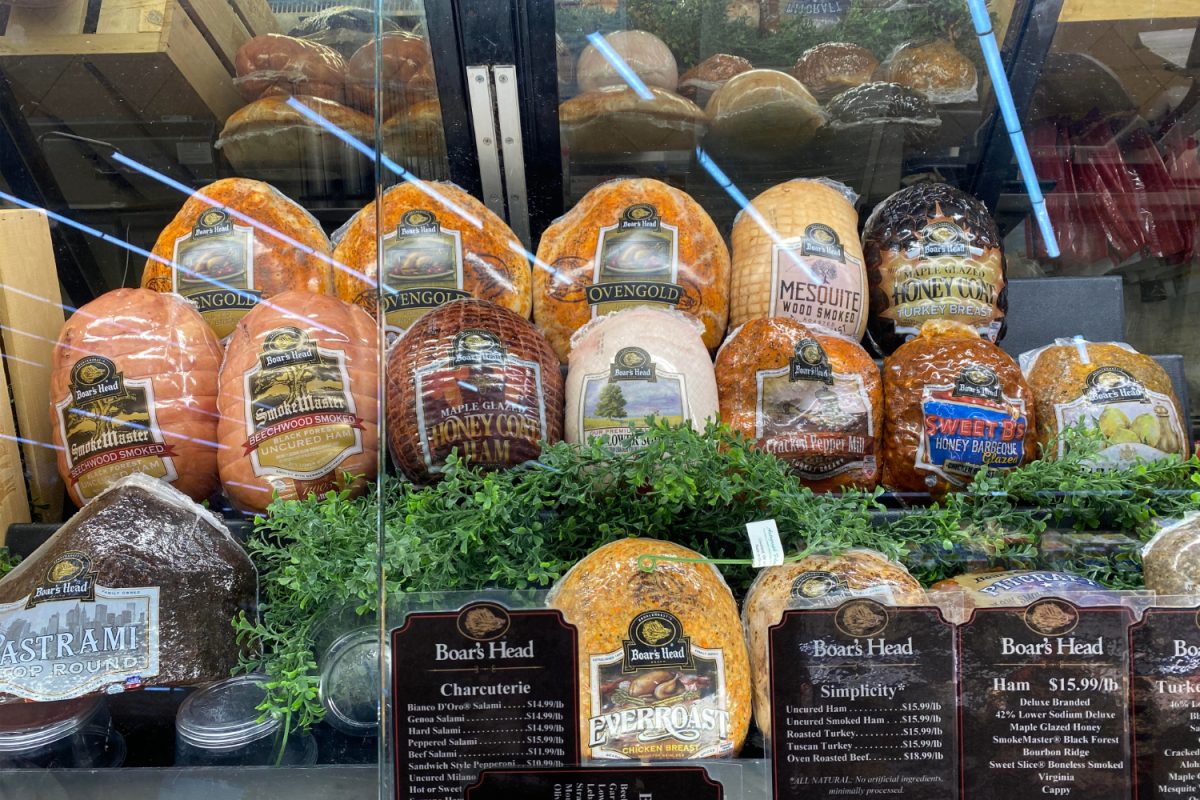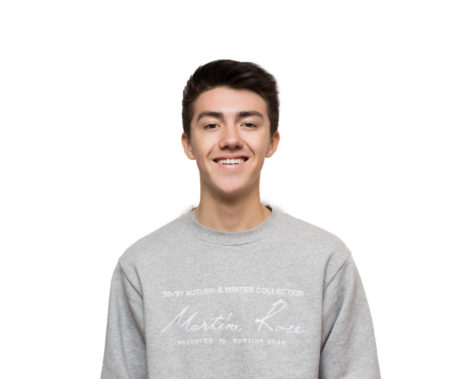A block away from one of the most expensive zip codes in California and stationed across from a car dealership that sells million dollar supercars, a discreet workshop sits unrecognizable to most people. Inside the dark gray cement facade lies large machines the size of cars which produce hundreds of custom-designed garments per day. An immigrant woman not only operates these complex machines, but is also the driving force behind the entire production.
Marisol Villegas, a Mexican immigrant, came here when she was just 3 years old. Having found her roots in the state of California, by the age of 30, she started her first company. She began her work in the garment industry, and her initial business endeavor was working out of her small apartment. Today she makes garments in her new, large, and fully equipped shop for reputable places such as Stanford University, the Sequoia Hospital, police departments, and numerous small businesses.
“I remember the day that my dad came home with the embroidery machine, and then we took it to Mexico and started our small shop,” said Kari Villegas, Marisol Villegas’ oldest daughter.
Kari Villegas has been part of the family business for eight years.
“I have been working with Marisol since 2010. I started off cutting the threads of the shirts, but now I work on the embroidery and helping the customers,” Villegas said.
Creating the business was not smooth sailing. After running an embroidery business in Mexico for three years, she decided that it would be better to move the company to the U.S. where the demand was higher for the garment market.
Immigrants often have trouble finding work when they come to the U.S. According to the Pew Research Center, in 2016, about 28 million immigrants were working or looking for economic opportunity.
Villegas managed to beat the odds and find a viable job that could provide for her and her family.
That decision to move to the U.S. proved to be difficult because it became too costly to transfer the equipment to her new workshop in California.
“When I moved back from Mexico to Stockton, I started all over again in my garage without any equipment or any tools,” Marisol Villegas said.
Marisol Villegas is very much aware of what it takes to provide for a family. She has not only worked hard to create a sustainable business, but also to create opportunity for her family members. As a result, they too can relish in the success generated by a family based on community values, such as working hard and achieving one’s goals.
“Right now, around five people are working with Marisol’s Embroidery from our family. Our goal is to keep it as a family business because we are all very close to our family,” said Kari Villegas.
Creating independent wealth and opportunity for her and her family has taken dedication and commitment. Many hard-working days and restless nights have been spent to build credibility with her clients and to create Marisol’s Embroidery as a respected brand.
“Sometimes I do not even get a chance to sleep at all. We just drink some coffee, and we finish at 5 a.m.,” said Marisol Villegas.
Parallels can be drawn from the experiences of the startup community in Silicon Valley, where founders wear multiple hats and are often heard to reference their role as both janitor and the head of the company.
“When I used to work in Stockton, I would wake up at 4 a.m. and deliver my stuff to my clients every morning and then drive to my shop here in Redwood City,” Marisol Villegas said.
As with startups, not all of them are created equal. The same could be said about immigration journeys. It is true that some will succeed in creating a good life and opportunity for their family, but the path to getting there poses different challenges for different people.
Kieran MacNiall* immigrated to the U.S. from Ireland in 1994, graduating top of his class, with both a Bachelors and Masters degree in hand. By all accounts, two degrees were a recipe for instant success due to his impressive academic career. However, according to the Migration Policy Institute, out of the 36.7 million U.S. foreign-born immigrants that come to the U.S., only 29 percent have a college education.
Barely two months in, MacNiall landed his first job in California. “I thought there would be struggles in trying to find work, but in about six weeks I had gotten two or three different job opportunities,” MacNiall said.
According to MPI, their tabulation of data recorded that within those who have a college education roughly 1.8 million immigrants in the U.S. were either unemployed or working in low-skilled jobs such as dishwashers and taxi drivers that do not require a degree.
MacNiall was one of the lucky ones. Whether it was luck, education or some other outlying characteristic, he was certainly on the positive side of immigrant employment statistics.
Both Villegas and MacNiall landed on their feet. Their different backgrounds and different experiences created what they have today — two contrasting journeys that have not yet reached their final destination.
*The name has been changed to protect the anonymity of the source.

